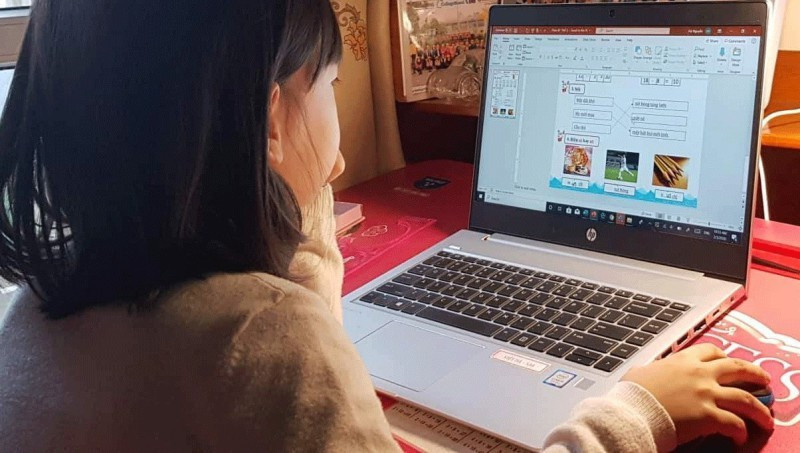
Dang Hoa Nam, director general of the Department of Children Affairs under the Ministry of Labor, War Invalids and Social Affairs (MOLISA), said the situation of children being abused online is getting more complicated.
More swindling cases have been reported recently, where scammers call parents saying their children are in danger and need to be brought to the hospital. The parents are told to remit money to certain bank accounts to save the children.
The scammers have personal information about the children, their parents and family conditions, and exploit this information for their own purposes.
They have access to the information because parents like sharing photos and information about their children on social media and even provide detailed information about which school the children go to, and what extracurricular activities the children participate in. In many cases, they even show places where their children are.
Nam noted that there are always two sides to an issue. People need to understand the issue to take full advantage of the good side to have a healthy entertainment, and apply measures to prevent negative impact on children.
He said that it is not feasible to prohibit children from using the internet and social media, because their parents use the tools every day.
It would be better if parents have enough knowledge to effectively use social media.
He said the Ministry of Public Security, MOLISA, and Ministry of Information and Communications (MIC) have cooperated to form a network to protect children in the internet environment.
The network will discover, handle and remove content and information toxic to children.
However, families and parents have to take responsibility in protecting children in the internet environment.
Some parents expose their children’s information by posting images of the children’s credits and certificates of learning records, or images of family members on the internet.
“Information is exposed that way,” Nam said. “Parents should not blame other people or other agencies, but they should blame themselves. They need to learn parenting skills."
According to the Authority of Broadcasting and Electronic Information (ABEI), in 2022, MIC detected and prevented 18 groups on social media with content of child abuse. The groups had 9.7 million members; 30 percent of them were children.
According to ChildFund Vietnam, Vietnam has 78 million internet subscribers, 66 million Facebook accounts and 49.8 million TikTok accounts.
Van Anh